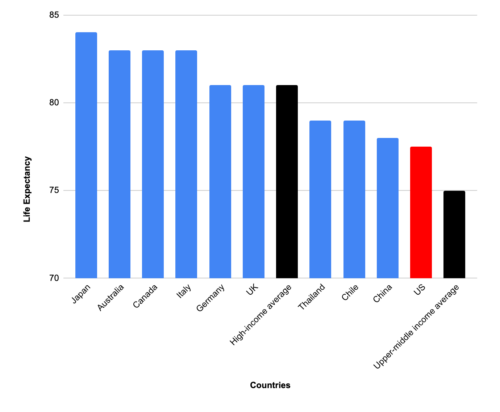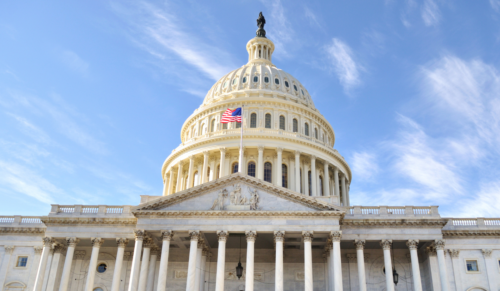How Unproductive Is Congress? It’s Not Even Naming Post Offices
By: / 04.13.2012
 In just the latest sign of how gridlocked Washington has become, Congress is currently failing to pass even the most reliable of legislative standbys: naming post offices and federal buildings.
In just the latest sign of how gridlocked Washington has become, Congress is currently failing to pass even the most reliable of legislative standbys: naming post offices and federal buildings.
For each of the last several Congresses, naming post-offices has been a staple of Congress’s work. In the 109th Congress, for example, 98 of the 482 laws passed by Congress—or 1 in 5—were post-office naming bills.
But so far, the current Congress has managed to name just 17 post offices and federal buildings, plus one national refuge (the “Sam D. Hamilton Noxubee National Wildlife Refuge”).
Why the naming deficit?
While conventional wisdom holds “nothing gets done” in an election year, especially a presidential one, 2012 seems uniquely gridlocked. Lawmaking in general has slowed to a crawl—and newly named post offices are a casualty of this slowdown.
To date, Congress has passed just 106 new laws. This means that as a percentage of the overall number of bills in Congress, the share of naming bills—about 16 percent—is not that much lower than in past Congresses.
What is substantially lower is the volume of legislation being passed compared to past Congresses during a presidential election cycle. The 110th Congress, for example, passed 460 new laws in 2007-2008 (145 of which were bills to name post offices, courthouses, veterans’ hospitals and stretches of federal highway), while the 108th Congress passed 498 new laws in 2003-2004. The pace of post-office namings is like a canary in the legislative coalmine—an indicator of Congressional productivity.
To catch up with prior Congresses, the current Congress would need to pass at least 44 new laws a month through Christmas with no break for recess (including at least four new post office namings a week). Otherwise, Congress is headed toward its least productive session in the last quarter century.
To be fair, Congress has managed to pass some significant legislation in the past year, including the recently-enacted JOBS Act to ease the way for young companies to access capital. Congress also finally approved three major trade agreements with Korea, Colombia and Panama, all of which had been in the works for years.
Nevertheless, Congress is essentially at a standstill. Fully a quarter of the laws passed this Congress have been either extensions of existing legislation or continuing appropriations bills to avoid a government shutdown.
Nor is it likely that Congress will pick up the pace of lawmaking. For one thing, Congress has punted on the big questions of budget, taxes and entitlements until after the election. Without knowing what the federal budget is going to be (or even whether there will be any federal money to spend), Congress can’t tackle such issues as the amount of money to spend on education, defense, scientific research or roads.
The other problem is the current hyper-polarization of Congress. With both sides looking to weaponize every possible step or misstep by the other side, even bipartisan legislation can’t get past the finish line for fear of giving some small political advantage to the other side.
Attention is already focusing on the expected marathon post-election lame-duck session, when Congress will allegedly solve all of the legislative problems that have been building for the past two years.
While it’s impossible to predict how successful that session will be, here’s hoping that there’s at least enough cooperation to name a few more post offices.
Photo Credit: Natalie Maynor







